Now that winter is in full swing and we’ve adjusted to seasonal changes, it can be difficult to find a steady and nutritious diet of vegetables at your grocer or farmers market. However, there are several variations of winter vegetables that can keep your body and mind in top-notch condition, even in freezing temperatures. Here are eight winter vegetables to keep you healthy this season:
- Cauliflower: Rich in vitamins K and C, this spongy white veggie is believed to prevent several types of cancer and provide antioxidant support. A member of the cancer-fighting cruciferous family, cauliflower is at its best between December and March, making it a prime vegetable for winter months. When purchasing cauliflower, always choose a head with a clean, creamy, and compact white curd. Sauté with light spices for a filling side dish.
- Jerusalem artichokes: Also known as a sunchoke, this tuberous root vegetable is actually native to North America, not Jerusalem. Sunchokes are plentiful in iron, potassium and thiamin, low in calories, and very high in fiber. Sunchokes are also high in vitamins C, A and E which all help eliminate harmful free radicals, protecting from cancers, inflammation, coughs and colds. They can be peeled and eaten raw, shaved over a salad, sliced, roasted and sautéed, similar to potatoes.
- Kale: Kale has emerged as the superfood of the decade, and with the power to help prevent five different cancers, it just may keep its reputation well into the 20s. Kale is rich in vitamin K, C, A, iron fiber and Omega-3 acids. Omega-3 acids help fights against arthritis, asthma and autoimmune disorders. Kale is even more flavorful and abundant in the coldest months of the year and can be consumed in a variety of ways both raw and cooked.
- Brussels sprouts: Brussels sprouts, another cool weather vegetable, are chock full of phytonutrients which may help fight against cancer. Carriers of vitamins K and C and potassium, iron and fiber, Brussels sprouts have been popular in England than North America. Through readily available year-round, Brussels sprouts are in season from September to mid-February.
- Leeks: These deep green and stalky vegetables have a long season, available starting at the end of fall until early spring. With a more delicate and sweeter flavor than an onion, leeks can be used in a comforting broth or soup, aiding in cancer prevention and cardiovascular support.
- Winter squash: The sheer variety of winter squash available in even the coldest climates, will keep any foodie satisfied and healthy. Squash varieties like Kabocha, butternut, carnival, sweet dumpling and spaghetti squash are filled with antioxidants and top the list as a veggie to count on for a plethora of meals.
- Parsnips: One of the most underrated vegetables of winter; parsnips are a cream-colored, tapered winter root vegetable, closely related in taste and texture to carrots. Available beginning in November, parsnips have an earthy, nutty taste and can be shredded thin and eaten raw. Parsnips contain a wide variety of vitamins, minerals, and nutrients, including dietary fiber, folate, potassium and vitamin C.
- Chard: An excellent source of vitamins A, K and antioxidants, this diabetic-friendly leafy green is available throughout the year and is considered one of the most healthful leafy greens, preventing high blood pressure, aiding in bone health and reducing obesity.
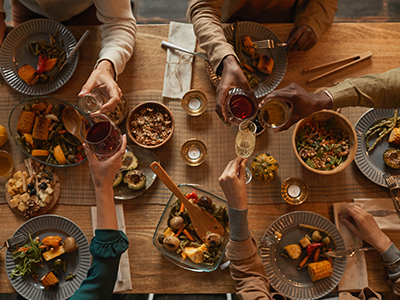 https://riseandshine.childrensnational.org/wp-content/uploads/2024/12/Healthy-holiday-eating-feature.jpg
300
400
Danielle Robbins
https://riseandshine.childrensnational.org/wp-content/uploads/2017/11/childrens_riseandshine_logo.jpg
Danielle Robbins2024-12-18 12:18:182024-12-30 12:33:39Healthy holiday eating tips for the whole family
https://riseandshine.childrensnational.org/wp-content/uploads/2024/12/Healthy-holiday-eating-feature.jpg
300
400
Danielle Robbins
https://riseandshine.childrensnational.org/wp-content/uploads/2017/11/childrens_riseandshine_logo.jpg
Danielle Robbins2024-12-18 12:18:182024-12-30 12:33:39Healthy holiday eating tips for the whole family


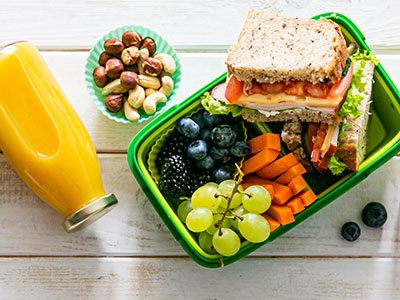





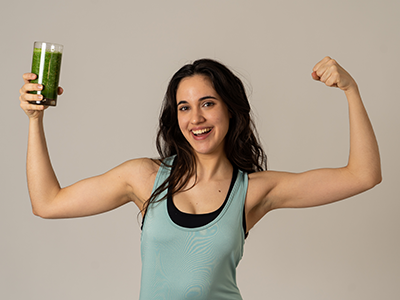


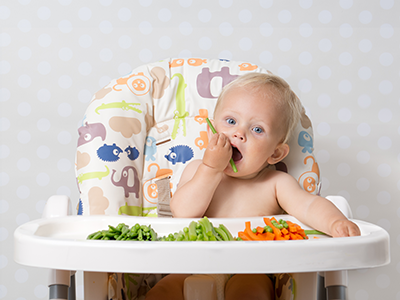

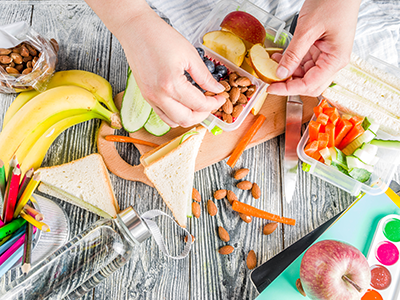
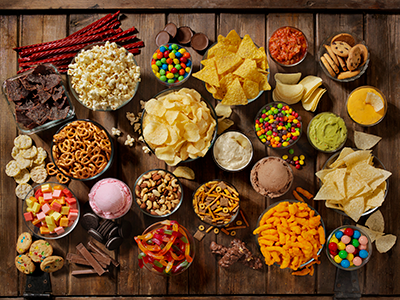


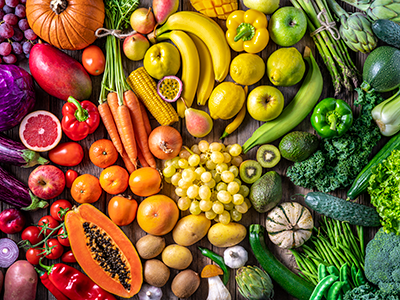
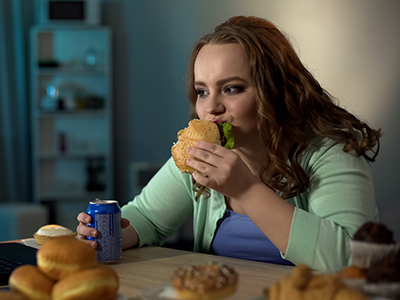

Leave a Comment
Want to join the discussion?Feel free to contribute!